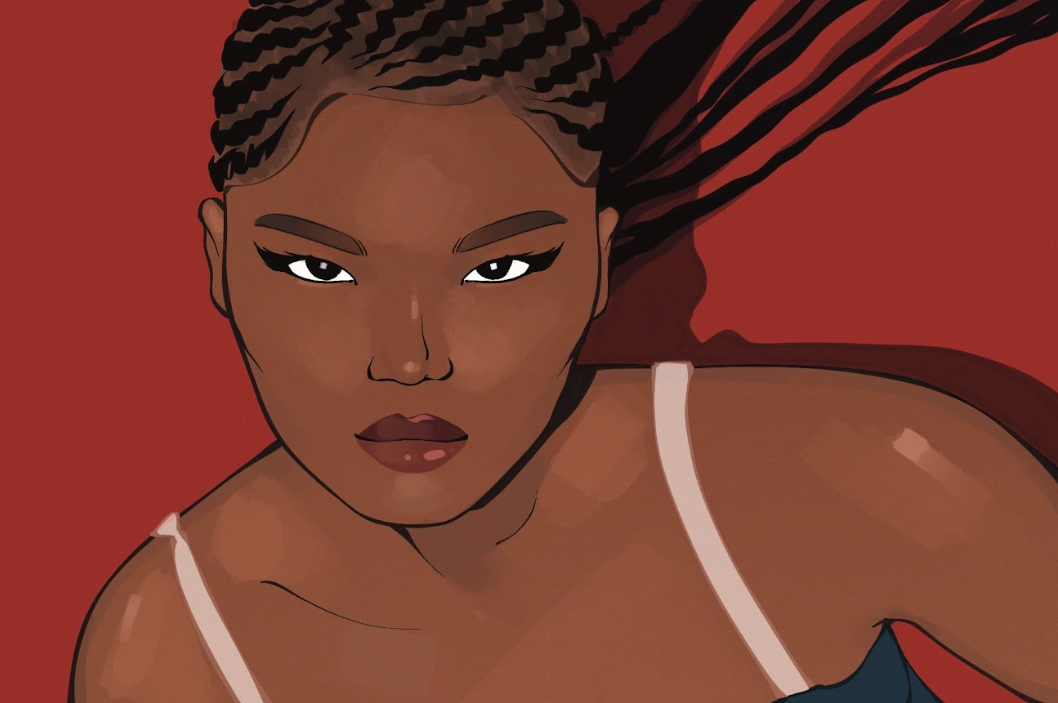Since the Britney Spears era, people have found plenty of room to complain about the nature of concerts, songs and outfits. In the 2000s, Britney was seen as overly sexual. Parents believed her attitude and attire were inappropriate for children, and she was often seen as an example of “what not to do.” This has continued, especially for female artists and even more so for the ones who embrace their sexuality.
Artists like Sabrina Carpenter, Doja Cat and Olivia Rodrigo have all faced scolding from parents. These women have heard it all, from complaints about their inappropriate lyrics to judgment about their revealing outfits or suggestive choreography. Parents continue to complain about the “not-kid-friendly” concert ambiance these artists have curated. However, it is not the artist’s responsibility to create something suitable for all audiences.
There is irony in these artists being judged for the choices they make at concerts since they often follow the nature of the album they are performing. Sabrina Carpenter being berated about her outfits is nonsensical, as her “Short n’ Sweet” album features many suggestive songs, such as “Juno,” where she sings about sexual positions and being horny. As an adult and as an artist, it is her right to sing and perform about whatever she chooses.
In an interview with TIME Magazine, she touched on this topic, “But you’ll still get the occasional mother that has a strong opinion on how you should be dressing. And to that I just say, don’t come to the show and that’s OK.”
Before someone comments on an artist’s concert and age suitability, they need to remember that the person performing is an adult. If parents want their children to attend kid-friendly shows, they should take their kids to see kid-friendly artists.
Doja Cat, who has received backlash for similar reasons, made a post to X, “i don’t make music for children so leave your kids at home.” The same etiquette that applies to R-rated films should apply to concerts: children may view the film with a parent present, but viewer discretion is advised.
It is the parent’s responsibility to decide what a child sees and consumes, not an artist’s. Artistic ability and freedom are expressed at concerts, and if an artist chooses to perform suggestive or even sexual songs in revealing attire, that should be their choice.









